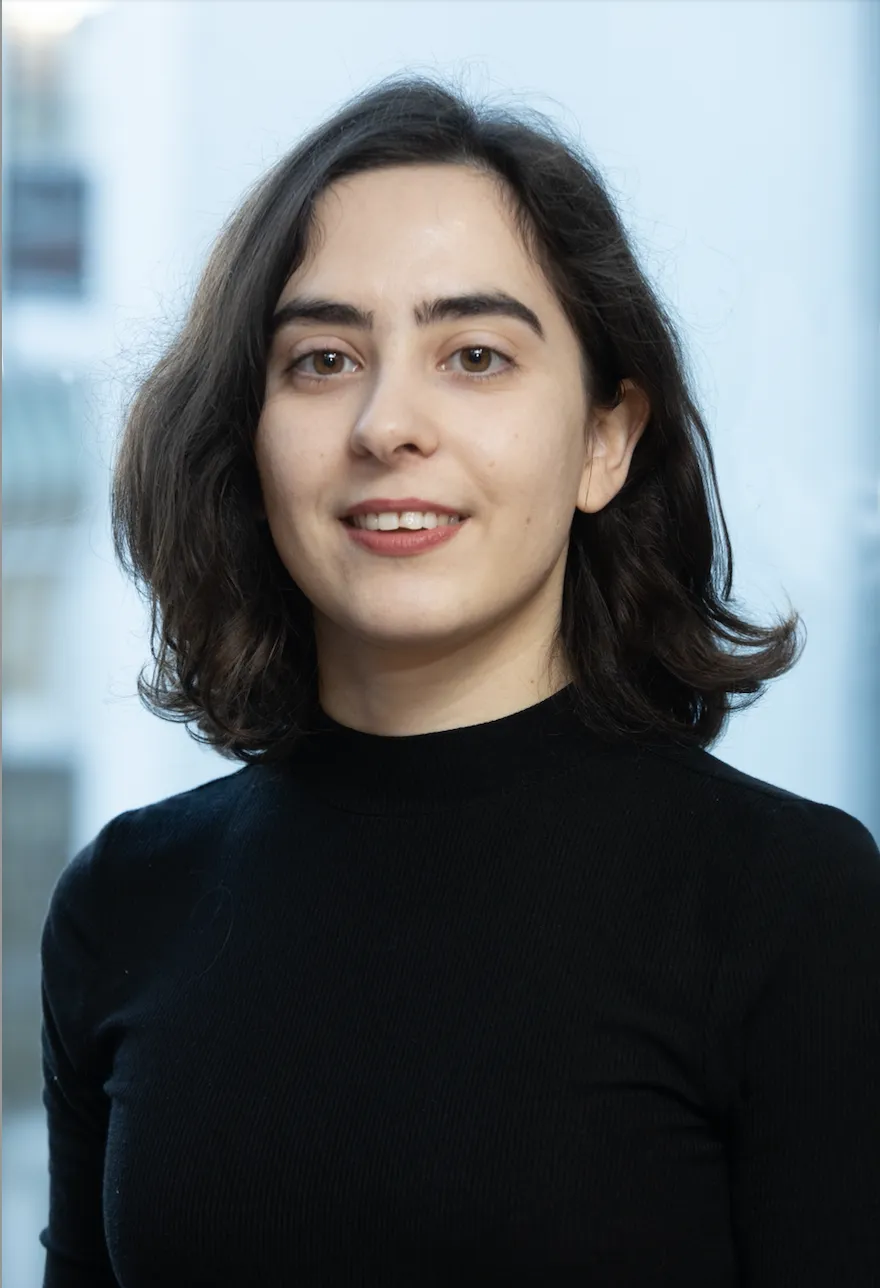Strand Campus
Strand Campus feels like the heart of London—historic yet buzzing with energy. Nestled by the Thames, it offers world-class academics, vibrant student life, and endless inspiration from the city’s culture and diversity.

Our degree offers students a distinctively broad scope of topics ranging from pre-Socrates to the present day. This programme is suited both to philosophy graduates to expand their philosophical grounding, and to students with first degrees in related subjects to introduce them to key concepts, arguments and texts from across the philosophical spectrum, while bringing them up to a high level in selected specialist areas.

Whilst pursuing a legal career, I began to consider how the governance of technology cannot be disentangled from ethics and so decided to build on this by pursuing an MA in Philosophy at King’s

This course is suited both to students with an undergraduate philosophy degree and to those moving into philosophy from another subject at undergraduate level.
If you are a graduate of philosophy, we will consolidate and improve your existing knowledge, and provide you with a firm foundation for subsequent independent research. If you are a conversion student, your choice of optional subjects will prepare you for further research in philosophy.
Over the duration of the course you will earn a total of 180 credits. 120 of these credits will come from modules taken in Terms 1 and 2. Conversion students are expected to take the General Philosophy Module (15 credits) in Term 1. The remaining 60 of these credits will come from a dissertation of around 12,000 words, which you will complete over the Summer at the end of the course. If you satisfactorily complete the course before the dissertation, you can exit the course without completing a dissertation and we will award you a Postgraduate Diploma in Philosophy on the basis of your 120 credits.
You will earn your initial 120 credits through your choice of optional modules. You will take most of these in your first or second semester, and they are each worth 15 credits.
You will have a free choice of modules, although there is a cap of around 15 students on each module. You should note that some modules are likely to be more accessible to students without a philosophical background, while others, particularly the more specialised ‘topics’ based modules, might appeal more to those who do already have a grounding in the field.
Optional modules are mostly taught through two hours of lectures and seminars every week. If you gain permission, you may take up to 30 credits from modules outside the Department of Philosophy. You will complete the course in one year, from September to September. You should ensure that you are available to attend seminars at least two days a week.
Strand Campus feels like the heart of London—historic yet buzzing with energy. Nestled by the Thames, it offers world-class academics, vibrant student life, and endless inspiration from the city’s culture and diversity.